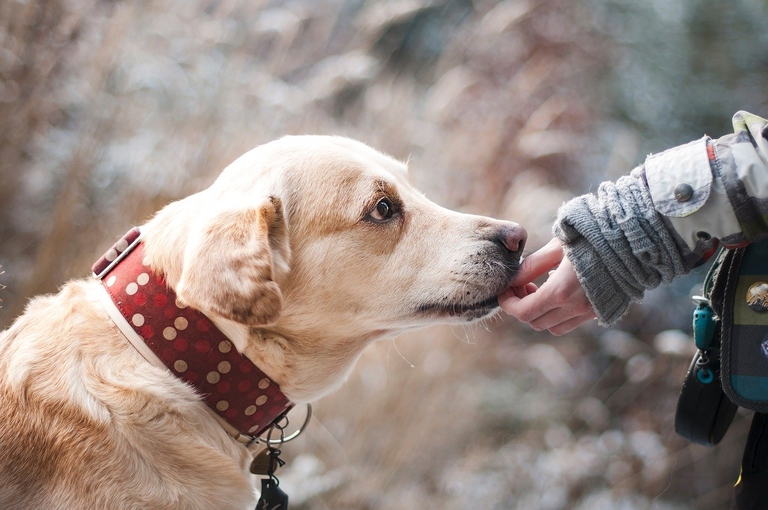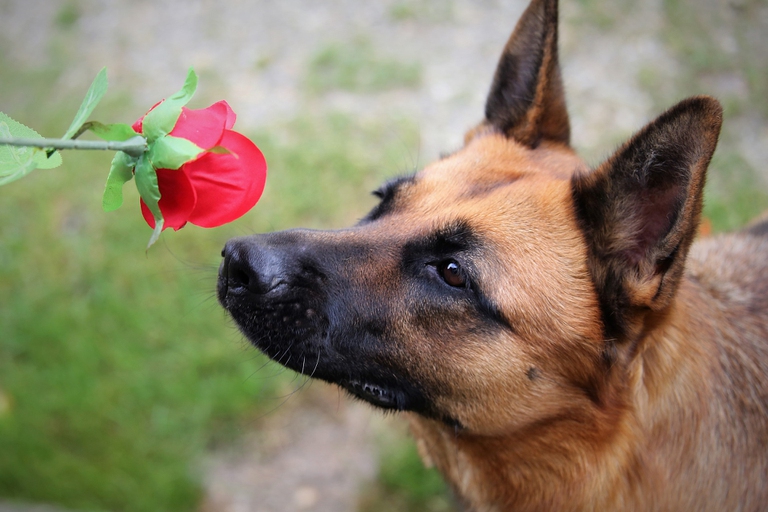
The second wave of the Covid-19 pandemic has shone a painful spotlight on the dire conditions of tea garden workers struggling against poverty in India.
Helsinki Airport has begun implementing a Covid-19 test which is both noninvasive and simple. The exceptional nurses involved are dogs.
In Helsinki, Finland, passengers who reach the airport and need to undergo coronavirus testing no longer need to withstand invasive and uncomfortable procedures. The test is now done rapidly – in just ten seconds – by trained dogs. They’re doing a great job and, above all, have been infallible up to this point.
The University of Helsinki kicked off the experiment, set to last for four months, in the Finnish capital’s international airport in September, after a series of encouraging results obtained in the laboratory. The dogs are capable of revealing certain diseases such as cancer and identifying traces of coronavirus in human sweat based on a molecular sample much smaller compared to that used in “regular” tests, a fact also confirmed by a French study.
How does the test actually take place? Upon arrival and after collecting their luggage, travellers are invited to wipe their neck with a napkin to capture some of their sweat and leave it in a small container. An operator then inserts the napkin in a tin can, which is then placed on a shelf with the other napkins along with substances that emit different odours.
At this point, the dogs are called into action. During the test each dog smells the different tin cans and indicates whether one of them presents a scent found in individuals infected by the Sars-CoV-2 virus. If the test result is positive, the passenger is requested to move to another part of the airport where they undergo a free Covid-19 swab test to confirm the diagnosis.
Dogs’ potential in detecting diseases is promising. And much like other animals, such as cows, they can contribute to helping humans fight the pandemic. “The principle is the same as that of Polymerase Chain Reaction (PCR) tests,” explains Anette Kare of University of Helsinki’s dog training unit: “They’re almost 100 per cent precise – with an important difference, as these animals can identify positivity up to five days before symptoms even begin to manifest themselves”.
Similar experiments are being carried out in Australia, France, Germany, the UK and Dubai airport’s international hub. If new data should confirm the positive results verified up to this point, these animals could be used in numerous circumstances with the aim of preventing the emergence of new Covid-19 hotspots. For instance, they could do much good in care homes, where even a single case can lead to a high contagion rate among older individuals and those with preexisting health conditions, as seen throughout the pandemic and in various countries.
Siamo anche su WhatsApp. Segui il canale ufficiale LifeGate per restare aggiornata, aggiornato sulle ultime notizie e sulle nostre attività.
![]()
Quest'opera è distribuita con Licenza Creative Commons Attribuzione - Non commerciale - Non opere derivate 4.0 Internazionale.
The second wave of the Covid-19 pandemic has shone a painful spotlight on the dire conditions of tea garden workers struggling against poverty in India.
In response to a lack of public services, organisations and individuals are helping citizens weather the devastating Covid-19 crisis in India.
A study indicates that the zoonotic origins of coronavirus may have been favoured by global warming’s impact on the conditions for bat habitats.
While Africa’s Covid-19 response has been praised by some, the pandemic has triggered the continent’s first recession in 25 years.
In Coronation, a documentary filmed by the people of Wuhan, the dissident Chinese artist documents the government’s rigid control during lockdown.
David Nabarro of the WHO analyses worldwide actions against the pandemic. Lockdowns alone aren’t a sustainable response to stopping Covid-19.
Kenya may fail to meet its target of ending female genital mutilation by 2022 as Covid-19 school closures have seen more girls undergo the illegal practice.
The drop in air pollution during worldwide lockdowns helped prevent thousands of premature deaths. But the situation is returning to pre-crisis levels.
The pandemic threatens some of the world’s most endangered indigenous peoples, such as the Great Andamanese of the Andaman and Nicobar Islands in India.









